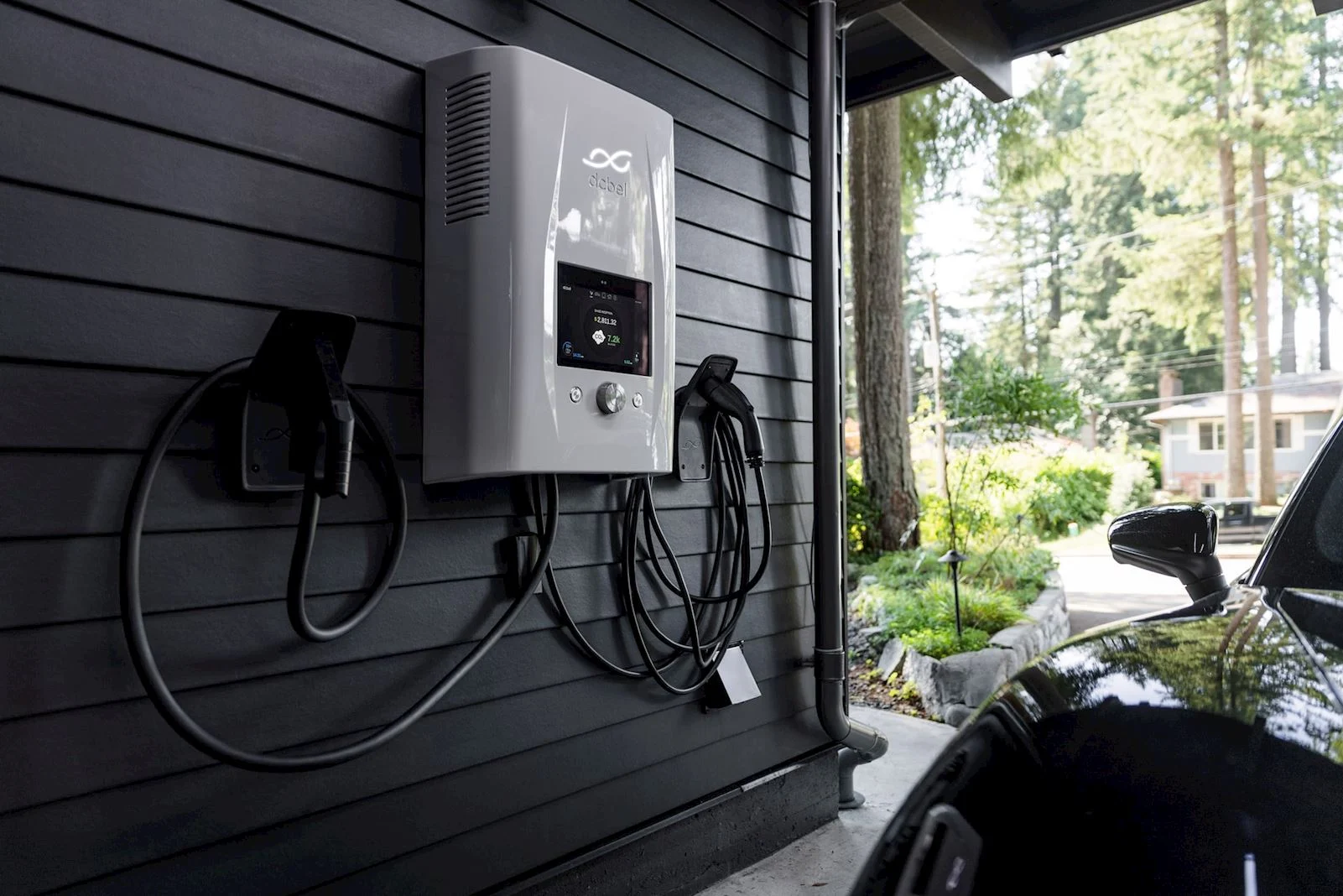Installing an electric vehicle (EV) charger at home offers the convenience of charging your vehicle overnight and can enhance your property’s value. It is advisable to hire a qualified electrician to ensure the installation is done safely and in compliance with local regulations. As of 2025, the cost to install a home EV charger in the USA varies based on several factors, including the type of charger, installation requirements, and regional considerations.
Types of Home EV Chargers
- Level 1 Chargers: These chargers use a standard 120-volt household outlet and are typically included with the purchase of an EV. They are the most basic option, providing slower charging speeds suitable for overnight charging.
- Level 2 Chargers: Requiring a 240-volt outlet, Level 2 chargers offer faster charging times and are ideal for daily use. They often come with advanced features like Wi-Fi connectivity and smart charging capabilities.
Cost Breakdown
Charger Equipment:
- Level 1 Charger: Generally ranges from $100 to $500.
- Level 2 Charger: Typically costs between $400 and $1,500, depending on the brand and features.
Installation Costs:
- Level 1 Charger: Minimal installation costs if a suitable outlet is already available.
- Level 2 Charger: Installation can range from $500 to $2,500.
Factors influencing this cost include –
- Electrical Panel Capacity: Upgrading your panel to handle the additional load can increase costs.
- Wiring and Circuit Installation: The distance between your electrical panel and the charger’s location affects labor and material expenses.
- Permitting and Inspection: Local regulations may require permits and inspections, adding to the overall cost.
Additional Considerations
Hardwired vs. Plug-In:
- Hardwired Units: Permanently connected to your home’s electrical system, often requiring professional installation.
- Plug-In Units: Use a 240-volt outlet (similar to those for dryers), offering flexibility and potentially lower installation costs.
Ongoing Costs:
- Electricity Usage: Charging your EV will increase your home’s electricity consumption. Monitoring your usage can help manage costs.
- Maintenance: While most home EV chargers require minimal upkeep, occasional maintenance or software updates may be necessary.
Our Recommendations
When selecting a home EV charger, consider factors such as charging speed, compatibility with your vehicle, and any additional features you may need. Before proceeding with installation, consult a licensed electrician to check out and understand your home’s electrical system and provide a detailed estimate tailored to your specific situation. Additionally, you must be aware of available federal, state, or local incentives that may offset installation costs.
Investing in a home EV charger not only offers convenience but also supports the transition to sustainable transportation. By understanding the associated costs and considerations, you can make an informed decision that best suits your needs.










